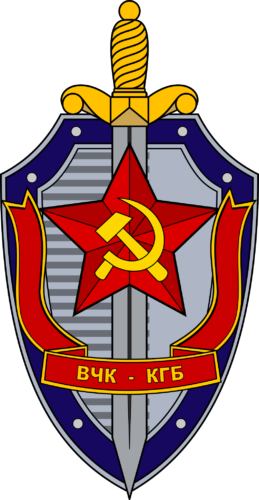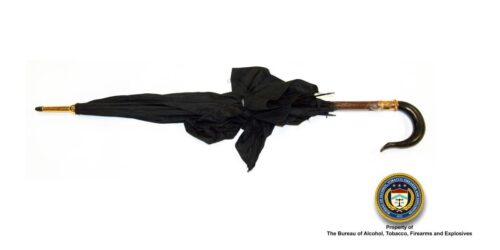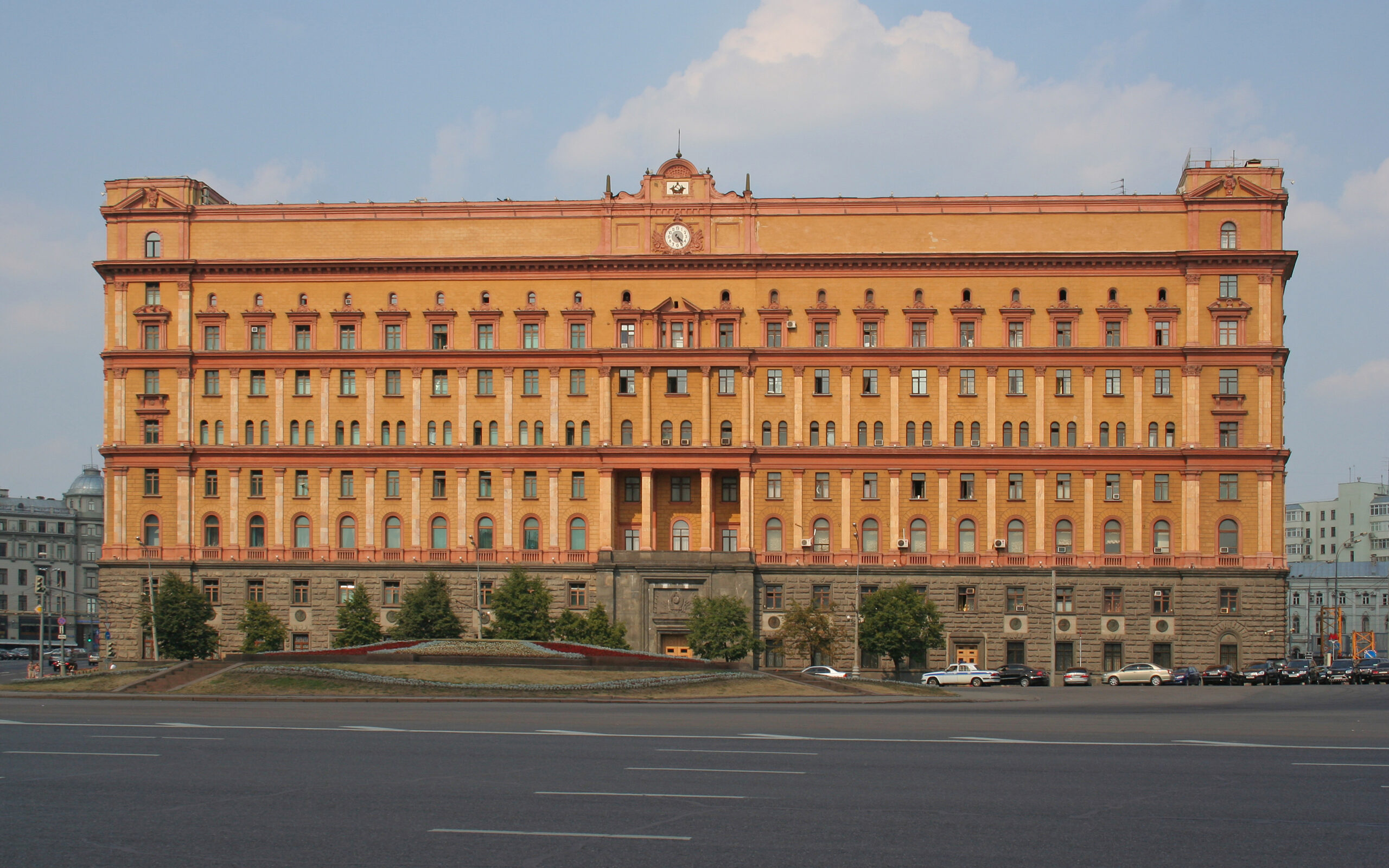The Lubyanka building (former KGB headquarters) in Moscow. Photo: A.Savin. CC BY-SA 3.0.
The KGB was the main security and intelligence agency of the Soviet Union from 1954 until its collapse in 1991. KGB is an acronym for Komitet Gosudarstvennoy Bezopasnosti, which means “Committee for State Security” in Russian. The KGB was formed by Nikita Khrushchev as a successor to the NKVD, which had carried out Stalin’s purges and espionage activities during World War II. The KGB had a multifaceted role, both inside and outside the Soviet Union, as it acted as secret police, a foreign intelligence service, a border guard, a state security organ and a party watchdog.

The KGB was controlled by senior party officials and had a reputation for brutality and ruthlessness. The KGB also operated in foreign countries, infiltrating governments, organizations and institutions. It had many conflicts and rivalries with the CIA and other Western intelligence agencies during the Cold War. The KGB played a crucial role in the Cold War, as well as in the repression and surveillance of dissidents and political opponents.
The KGB had a notorious reputation for its brutal methods, such as torture, assassination, blackmail, and disinformation. The KGB also operated a network of secret prisons, camps, and psychiatric hospitals, where dissidents and enemies of the state were detained and abused.
The KGB was headed by a chairman who reported directly to the Communist Party leadership. Some of the most notable chairmen were Ivan Serov, Yuri Andropov and Vladimir Kryuchkov.

The KGB was in charge of detecting and neutralizing foreign spies and agents who tried to infiltrate the Soviet Union or its allies. The KGB also ran counterintelligence operations abroad, such as planting moles and double agents in enemy intelligence services.
The KGB also collected political, military, economic and scientific information from foreign countries, using human and technical sources. The KGB also conducted covert actions, such as sabotage, assassination, propaganda and disinformation, to influence or undermine foreign governments and organizations.
The KGB was also responsible for suppressing any dissent or opposition to the Communist Party and its policies. The KGB monitored, arrested and interrogated political dissidents, human rights activists, religious groups and ethnic minorities. The KGB also enforced state censorship and controlled access to information.
The KGB also guarded the state borders of the Soviet Union and its allies, preventing unauthorized crossings, smuggling and defections. The KGB also patrolled the maritime and airspace boundaries of the Soviet Union and conducted reconnaissance and interception missions.
The KGB additionally provided security for the top leaders of the Communist Party and the Soviet government, as well as for visiting foreign dignitaries. The KGB also investigated any threats or plots against the leadership and maintained a network of informants within the party and state apparatus.

KGB Foreign Operations
The KGB’s foreign operations were conducted by the First Chief Directorate, which was responsible for collecting intelligence, conducting covert actions, supporting communist movements and influencing foreign policy. The KGB also engaged in counterintelligence and active measures to thwart and discredit its adversaries, such as the CIA and NATO.
The KGB recruited spies and agents of influence in various countries, including the United States, where it penetrated the State Department, the CIA, the FBI and other institutions. Some of the most notorious spies were the traitors Robert Hanssen, Aldrich Ames, John Walker and Kim Philby.
The KGB supported and orchestrated coups, revolutions and wars of “national liberation” around the world and infiltrated and manipulated international organizations and movements, such as the World Peace Council, the Non-Aligned Movement, the Socialist International and various trade unions, human rights groups and anti-nuclear groups.
The KGB used agent provocateurs, disinformation, propaganda and assassinations to undermine and destabilize its enemies, such as dissidents, defectors, political leaders and journalists. One of its best-known alleged victims was Bulgaria defector and dissident writer Georgi Markov, who was assassinated in London in September 1978. KGB defector General Oleg Kalugin alleged that the Bulgarian Secret Service arranged the murder with help from the KGB.

In 1984, KGB defector Yuri Alexandrovich Bezmenov stated in an interview that Russia has a long-term goal of ideologically subverting the US. He described the process as “a great brainwashing.”
Dissolution of the KGB
The KGB was dissolved in 1991 after the failed coup attempt against Mikhail Gorbachev and the subsequent breakup of the Soviet Union. Its functions and personnel were divided among several successor agencies, such as the FSB and the SVR in Russia and the KGB in Belarus.
Vladimir Putin was the head of the FSB, one of the successor agencies to the KGB, from 25 July 1998 to 9 August 1999. He was appointed by President Boris Yeltsin, who later chose him as his successor. Before that, Putin worked as a KGB foreign intelligence officer for 16 years, rising to the rank of lieutenant colonel. He resigned from the KGB in 1991, following the coup against Mikhail Gorbachev.

The FSB, or Federal Security Service, is is the principal security agency of the Russian Federation. It inherited some of the functions and powers of the former KGB. The FSB is responsible for counterintelligence, counterterrorism, border protection, information security and other national security matters. The FSB reports directly to the President of Russia.
The SVR is the Foreign Intelligence Service of the Russian Federation. It is the successor of the First Chief Directorate of the KGB. The SVR also reports directly to the President of Russia and operates mainly on civilian affairs, unlike the GRU, which is the military intelligence agency.
*The views and opinions expressed on this website are solely those of the original authors and contributors. These views and opinions do not necessarily represent those of Spotter Up Magazine, the administrative staff, and/or any/all contributors to this site.

